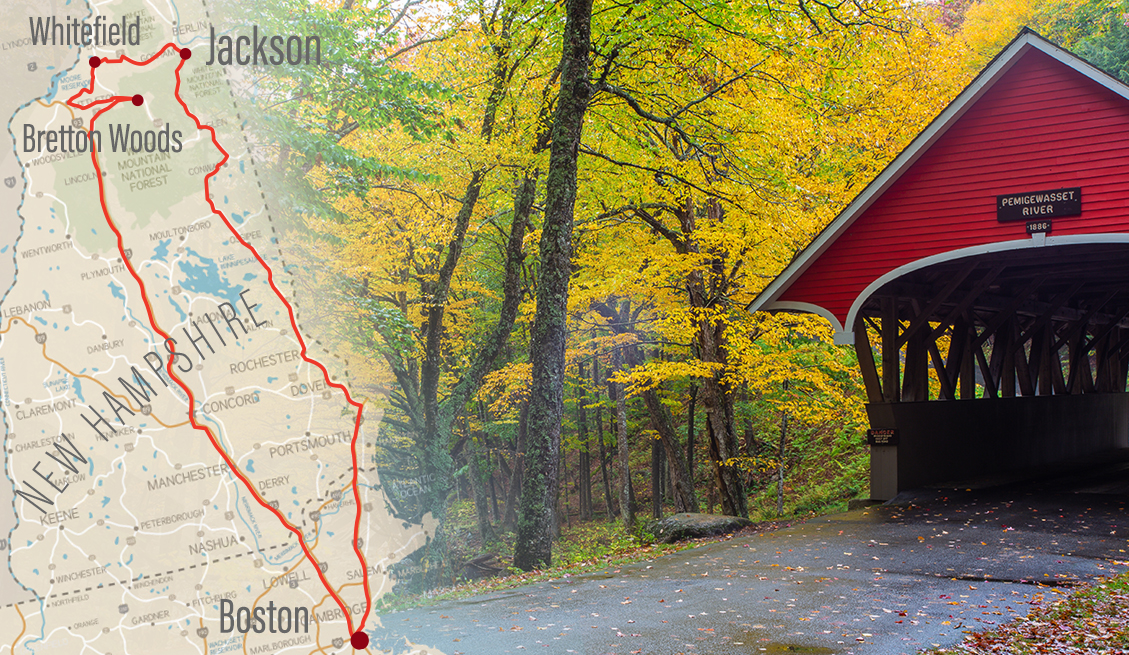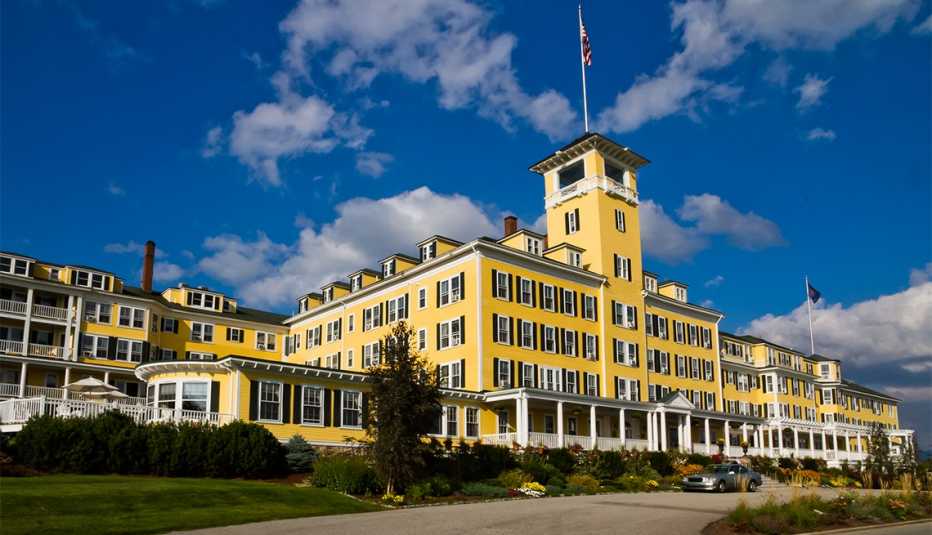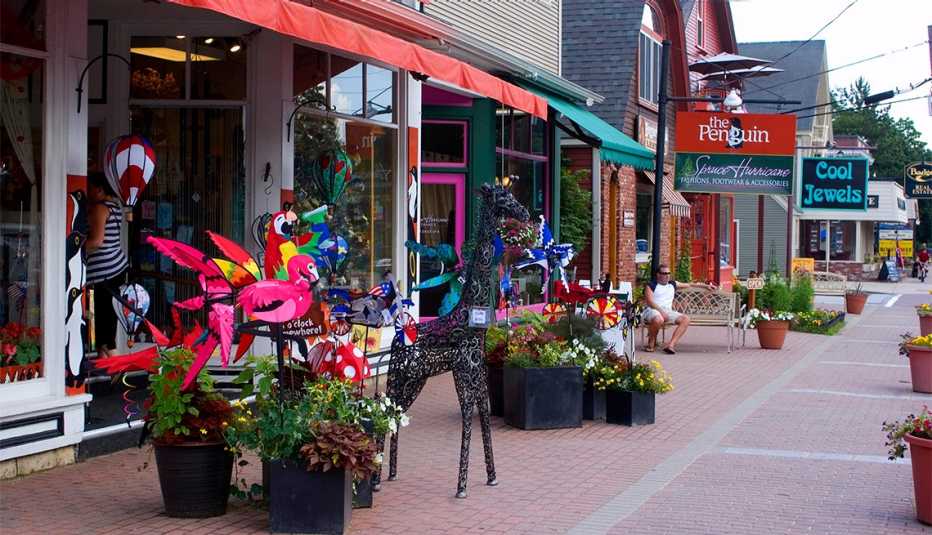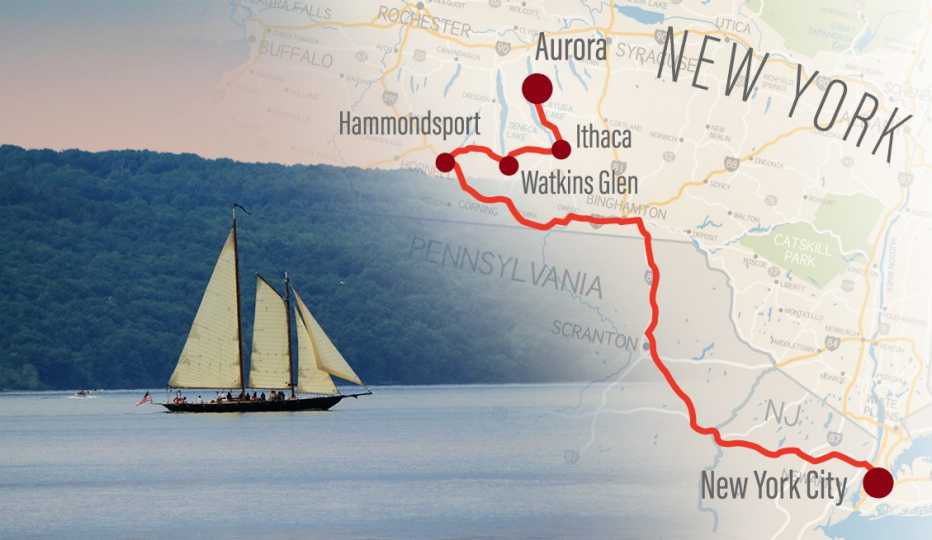AARP Hearing Center
In the late 18th and early 20th centuries, city folk seeking clean water, clear air and outdoor recreation fled to New Hampshire's White Mountains. They came for the summer, arriving on trains and buckboard carriages, accompanied by servants and laden with steamer trunks. Grand hotels rose to meet their needs. While fires and neglect claimed most through the decades, a handful of hotels have survived and been restored for contemporary travelers seeking respite — whether that's hiking, skiing, visiting attractions or simply enjoying the views.
You'll find this hotel-hopping loop especially gorgeous in autumn, when reds, golds and oranges quilt the mountains and snow sometimes crowns Mount Washington. In winter, the area draws skiers and other outdoor-sports lovers, as well as romantics looking for a cozy scenic getaway.
COVID-19 update
The unpredictability of the coronavirus means travel restrictions are constantly evolving. Be sure to check New Hampshire's state website for updates before visiting from out of state, and follow CDC guidelines for safe travel.


Day 1: Boston to the Omni Mount Washington Resort in Bretton Woods, New Hampshire
Drive approximately 160 miles north via Interstate 93 North to Route 3 North to Route 302 East to Bretton Woods.
En route: The drive is about two and a half hours, but save your appetite for Polly's Pancake Parlor, close to Bretton Woods, in Franconia, New Hampshire. Named a James Beard American Classic in 2006, Polly's has been an institution in these parts since 1938. Order the pancake sampler, with your choice of up to three different made-from-scratch pancakes — Polly's even stone-grinds the grains to make its flours — with add-ins such as blueberries, chocolate chips, coconut and walnuts.
While in town, take a road less traveled to the Frost Place, poet Robert Frost's home for five years. Settle on the front porch and ponder whose woods these are, while inhaling the inspiring views of the White Mountains. Mosey the half-mile nature trail with signs displaying poems that Frost penned while here.
Also, if you're a skier, don't miss the New England Ski Museum (open on weekends), a small museum that's jam-packed with ski memorabilia, including Bode Miller's Olympic gold medals.




































































